
I’m currently focused on a research project that involves making two online gifts a week at two different nonprofit organizations, observing the giving process from start to finish, including all follow up. It involves other stuff, too, but I’m not at liberty to discuss that just yet. The working title of this endeavor is The Donor Experience Project and at some point, after its completion, you’ll have the opportunity to see what it looks like.
One component of my research that I think is important is the follow-up communications post-donation. On May 22, 2016, I made a gift to the HopeWest foundation, a nonprofit engaged in providing care for elderly people experiencing serious illness, as well as comfort to their families. In response to my donation, a lovely thank you letter arrived, dated just 24 hours after I made my small gift of $20.00. I was simultaneously surprised and delighted to receive this letter, because I know all too well that most organizations don’t believe in going beyond an email thank you, and sometimes not even that when it comes to small gifts.
I once asked my friend, nonprofit copywriter extraordinaire, Lisa Sargent, this question*…
Why do you feel it’s important to properly steward lower-level donors?
Her response? It can be broken up into three parts. Check it out below.
Bequests: according to Jerold Panas, one of the world’s foremost fundraising experts, “high net worth” men and women are not necessarily your best source of bequests. They may be small donors who have been giving to you over a long period of time (consecutive years or not).
And according to a 2010 Guidestar article the average bequest = $32,000.
Minimize risk: Look at any table of standards for a capital campaign. The higher the dollars, the fewer the donors. At one organization I know of with more than 250K donors, their $1,000 plus donors number less than 700. The fact is, just like any wise investment, you don’t want to put all your eggs in one basket.
Pipeline: Your major donors won’t all stay forever either. Many small donors, properly stewarded, become larger ones: wealth engines won’t pick up every heavy hitter – and remember, others are using those wealth engines too.
These days, when all the talk in fundraising is mid-level and major donors, you’d do well to remember how your donors became mid and major level donors in the first place. It typically started with a small gift. It is refreshing to see that HopeWest doesn’t underestimate the power of a lower level donor like many nonprofits do. And coupled with their wonderful work and mission, it makes a repeat gift from yours truly all the more likely.
Also, take note of how donor-centric their thank you is. It speaks directly to me, and that makes it all the more memorable (and powerful).
*Reprinted from The Donor Love Toolkit.
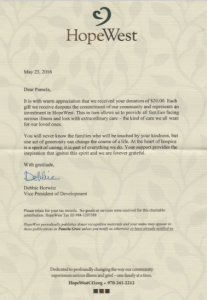
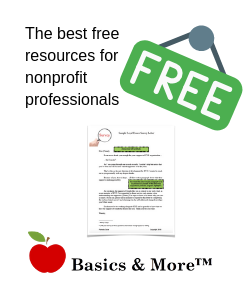
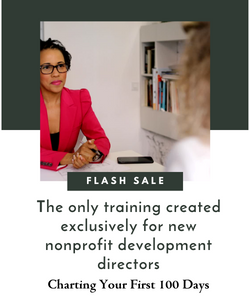
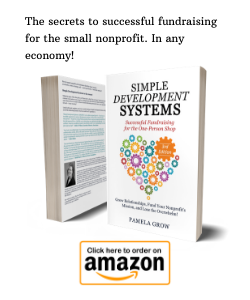
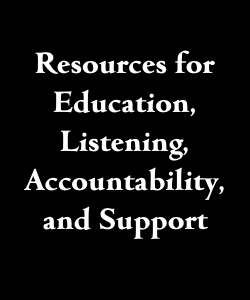
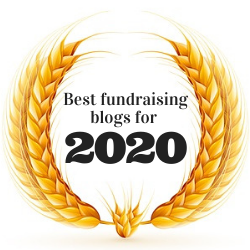
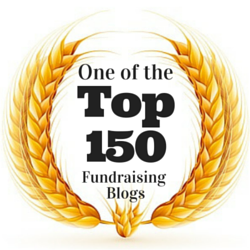
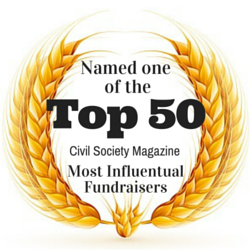
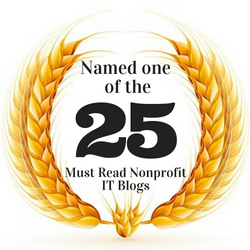

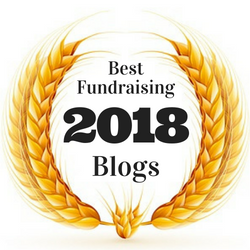

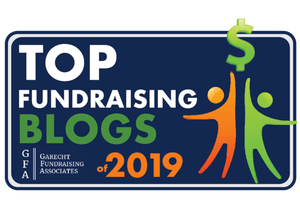
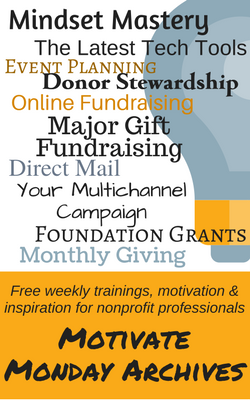

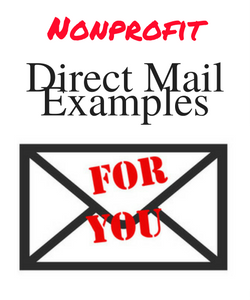
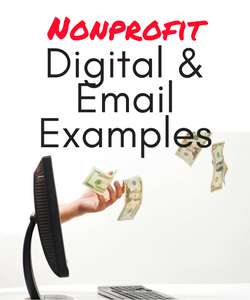

 I can’t wait to meet with you personally.
I can’t wait to meet with you personally.
Comments on this entry are closed.